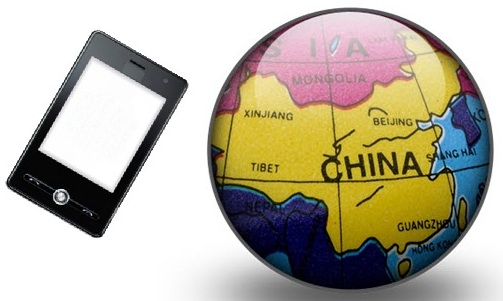 Nokia finds some stability in China
Nokia finds some stability in China
Finnish mobile device maker Nokia has been having trouble in numerous markets recently. The company may be a well known name in the field of mobile technology with its wide range of products and impressive smart phone portfolio, but it has experienced a difficult year in regards to its latest projects. Many of the company’s latest smart phones have been the subject of aggressive hype, but consumers have responded poorly to these products when they reached the market. China is one of the countries where Nokia has been seeing some success, but the Chinese market may not be enough to revitalize the company.
Growth in China may be due to mobile commerce
The Chinese market accounts for one-third of the world’s smart phone shipments. Mobile technology is in very high demand with consumers, especially those that are becoming more interested in mobile commerce. Nokia is one of the few smart phone makers that develops devices that are equipped with NFC technology. Much of mobile commerce revolves around the use of NFC technology, which is capable of transforming a smart phone into a mobile payment platform.
Consumers not yet won over by high-end Lumia phones
While the demand for mobile commerce has been growing among Chinese consumers, Nokia has had trouble establishing a strong foothold within the country. In the third quarter of 2012, Nokia likely sold fewer than 500,000 devices from its Lumia line in China. Less than 100,000 of these are estimated to be high-end Lumia devices, such as those equipped with NFC technology, like the 820.
China Mobile deal could help boost Nokia performance
Nokia is expected to see some major gains in China due to a new deal with China Mobile, the country’s largest mobile network operator. Per the deal with China Mobile, Nokia will begin selling a localized version of its high-powered Lumia 920 smart phone, which is equipped with NFC technology. This deal with China Mobile could increase the sale of high-end mobile device in the country by as much as 50%.

